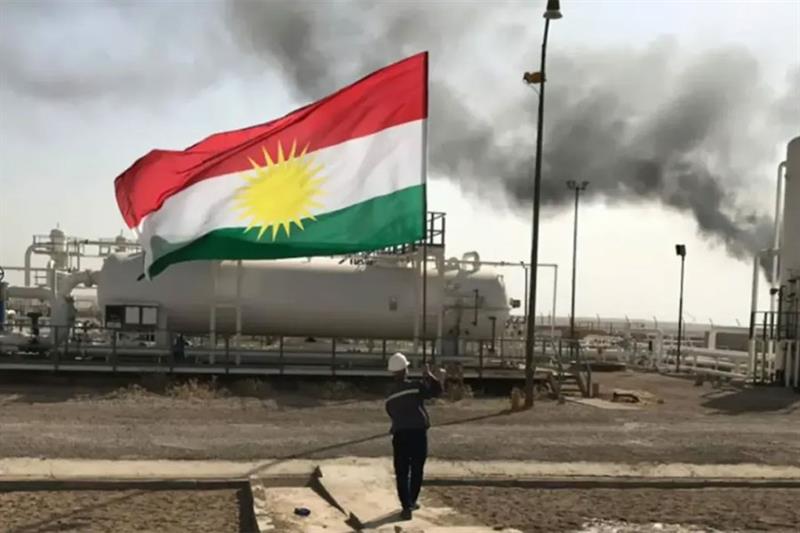Iraq has restarted crude oil exports from the autonomous Kurdistan region after more than two years of suspension, ending a prolonged dispute over legal authority and control of one of the country’s most valuable resources. The breakthrough was confirmed on Saturday, marking the reopening of the Iraq-Turkey pipeline, which had been shut since 2023.
The federal oil ministry in Baghdad announced the “resumption of oil exports from the Kurdistan Region through the Iraq-Turkey pipeline,” a move expected to ease tensions that have long strained relations between Baghdad and Arbil, the Kurdish regional capital.
Ali Nizar, director of Iraq’s State Oil Marketing Organisation (SOMO), told AFP that SOMO would handle 190,000 barrels per day designated for export, with an additional 50,000 barrels per day reserved for domestic consumption. Turkish Energy Minister Alparslan Batraktar confirmed in a statement on X that oil began flowing through the pipeline in the early hours of Saturday morning.
For years, Kurdish authorities independently sold oil exports through the Turkish port of Ceyhan, bypassing Baghdad’s control. That arrangement came to an abrupt end in March 2023, when an arbitration tribunal under the International Chamber of Commerce in Paris ruled that the regional government’s unilateral sales were illegal. The decision reaffirmed Baghdad’s exclusive right to market all Iraqi oil, effectively freezing exports from the north.
In July, Baghdad and Arbil reached a deal stipulating that all oil produced in Kurdistan’s fields would be delivered to SOMO for export, restoring federal oversight. This week, the two sides finalized another agreement with international oil companies operating in the region, clearing the final obstacles to resumption.
U.S. Secretary of State Marco Rubio confirmed Washington had played a role in brokering the arrangement. He described the deal as one “facilitated” by the United States, adding that it would “strengthen the mutually beneficial economic partnership between the United States and Iraq.”
The Association of the Petroleum Industry of Kurdistan (APIKUR), which represents foreign energy firms in the region, has previously estimated that Iraq lost more than $35 billion in revenue during the pipeline shutdown. On Wednesday, eight international oil companies agreed to restart exports under the new framework. The agreement requires firms to meet with Kurdish authorities within 30 days to negotiate a mechanism for settling outstanding debts, estimated at around $1 billion in arrears for production expenses.
Not all operators signed on. The Norwegian company DNO ASA said it would not resume exports without clear agreements guaranteeing payment, underscoring ongoing financial uncertainties despite the breakthrough.
Iraq remains a founding member of OPEC, heavily reliant on oil as the backbone of its economy. According to state media citing SOMO officials, the country currently exports 3.4 million barrels per day, with crude accounting for roughly 90 percent of government revenues.
The resumption of Kurdish oil exports restores a crucial lifeline for both Baghdad and the semi-autonomous region, though questions remain over how outstanding debts and revenue-sharing arrangements will be resolved in the months ahead.


